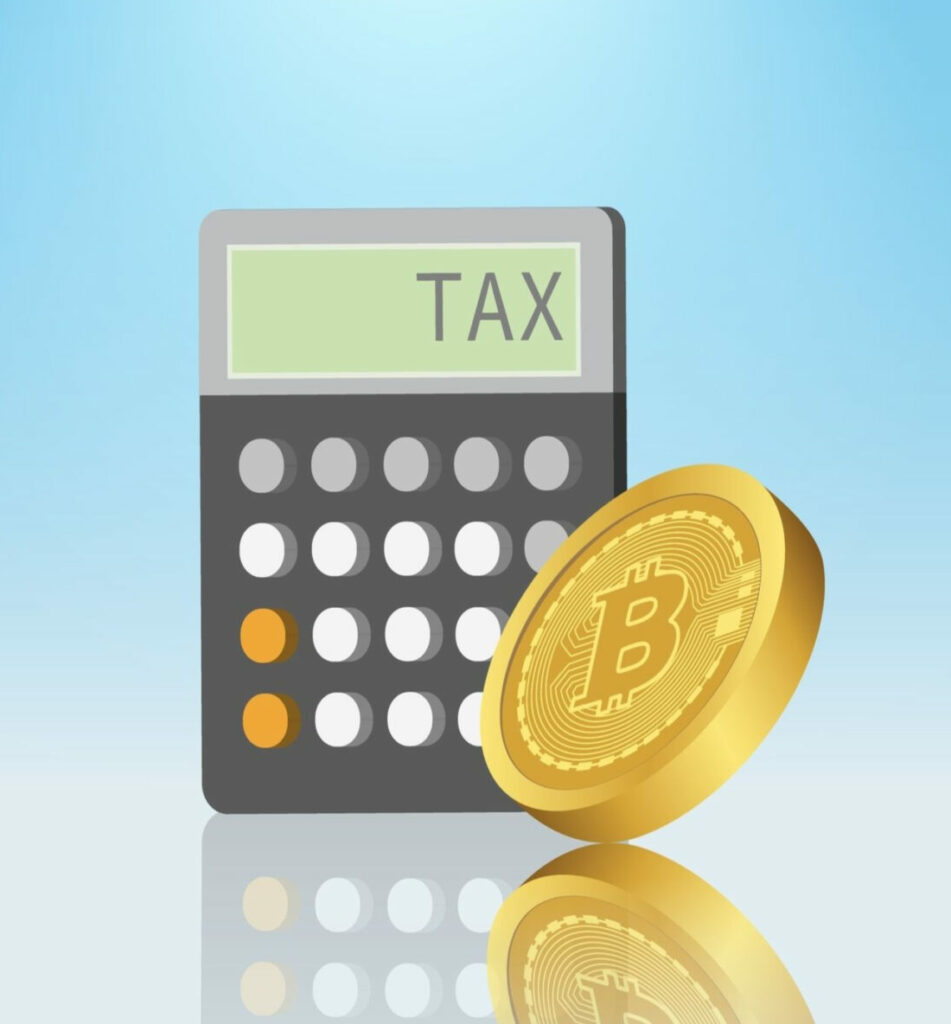Crypto Taxes in Spain: In-Depth Guide
Crypto taxes in Spain is pretty similar to the standard cryptocurrency taxation practice in most countries –
You pay savings income taxes on capital gains and general income taxes on crypto you receive as income or mining rewards.
But there’s more to it than just that. Crypto taxes in Spain can get a little complicated as soon as you introduce wealth taxes and autonomous community tax rates.
Wondering what they are?
That’s what we’ll discuss in this article, along with everything you must know about cryptocurrencies and their tax consequences in Spain.
How Does the State Agency for Tax Administration of Spain View Cryptocurrency?
The State Agency for Tax Administration of Spain views cryptocurrency as an asset for tax purposes.
How is Crypto Taxed in Spain?
Broadly speaking, there are mainly two crypto taxes in Spain – Personal income tax and Wealth tax.
Personal income tax can be further divided into – general income tax and savings income tax.
Let’s go over both individually.
General Income Tax
General income tax is what you pay when you receive crypto as income or reward for a task.
Even though the government only confirmed general income tax for crypto received as income and crypto mining rewards, it most likely will apply to staking rewards, lending rewards, and other interest-bearing activities as well.
The general income tax rate is a combination of a progressive tax rate set by the government and an autonomous community tax rate, which varies based on where you live. You can also deduct your business expenses if any.
Saving Income Tax
Savings income tax is the equivalent of capital gains taxes in other countries. This is what you pay when you sell, spend or swap your cryptocurrencies. In other words, when you dispose of your crypto.
The savings income tax ranges at progressive rates from 19% to 26% on your gains based on your income brackets and other factors.
Needless to say, you can also offset your losses. However, you can only offset 25% of your net capital gain each year. If you have no gains to offset against, you can carry forward your losses for up to four years.
On a side note, you’ll also pay savings income taxes on gains made from selling crypto you received as income or mining rewards.
Wealth Tax
For the most part, you don’t have to worry about wealth tax unless the total net value of all your assets (not just limited to crypto) exceeds €700,000.
In case you do fall in this minority of people with more than €700,000 worth of assets, you’ll have to pay around 0.2% to 4% tax rates on them.
Usually, your tax rate will vary based on the region you live in and the autonomous community you report to.
How to Calculate Crypto Taxes in Spain

Calculating crypto taxes in Spain is pretty straightforward.
For calculating savings income tax, It’s the usual –
Cost Basis – Fair Market Value = Capital Gain
Cost basis is the cost at which you acquired the crypto.
Fair market value is the price at which a particular cryptocurrency is selling for in a free, independent market.
And capital gain is the difference between the two. You’ll pay savings income tax on the capital gain amount.
For calculating general income tax, you just find out the FMV of the crypto at the time of receiving it.
It’s essential to keep these records, not only for tax declaration purposes but also because this FMV will become the cost basis of your crypto when you sell them in the future.
For calculating wealth tax, you just find out the FMV of all your crypto holding at the time of tax declaration.
Crypto Taxable Events
The following are some common crypto transactions and their tax consequences –
Getting Paid in Crypto
As we just discussed, you’ll be taxed under general income taxes if you receive crypto as income.
Crypto Staking
The State Agency for Tax Administration of Spain didn’t release any official guidelines around staking and other similar activities yet. But based on existing frameworks, you’ll be most likely taxed under general income taxes for staking rewards.
The same goes for taxes on crypto lending rewards and yield farming rewards in Spain.
Spending Crypto to Buy Goods & Services
When you use your crypto to buy goods and services, you’re essentially disposing of your assets, triggering a taxable event, specifically savings income taxes.
Swapping Crypto
Taxes on swapping crypto follow the same fundamentals as selling or spending crypto. When you’re swapping one cryptocurrency for another, you’re disposing of your crypto. Hence, you pay savings income tax on your gains.
Gifting & Receiving Crypto Gifts
In Spain, gifting crypto is seen as disposing of your assets. Hence, you’ll pay savings income taxes on gifting crypto.
As for recipients, they will pay gift tax or inheritance tax, which may range from 7% to 36.5%. It varies based on multiple factors like how much you receive, who gifted you, where you live, which autonomous community you report, etc.
Tax-Free Crypto Transactions
The following are the only two scenarios where you don’t pay any taxes on crypto in Spain.
Buying/Holding Crypto
Buying and holding crypto for as long as you wish is completely tax-free in Spain.
Transferring Crypto Between Wallets
Transferring crypto from one wallet to another is not seen as a disposal of your assets. Hence, it’s tax-free.
How to Avoid Crypto Taxes in Spain
When we say how to avoid crypto taxes in Spain, we’re not encouraging you to do tax evasion. Tax evasion is a serious offense and might land you in court, fighting off criminal charges and hefty penalties.
Recently there has been an increase in the number of crypto tax audits in Spain. So, no matter what you do, make sure you pay your taxes accurately and honestly to avoid legal trouble.

That being said, there are many tax-saving strategies that are totally legal to use to reduce your tax liability.
Tax-loss harvesting is one of the most common and popular ones. It’s when you intentionally sell your crypto sitting at a loss to use it to offset your gains and reduce your taxes.
Check out our guide on crypto tax-loss harvesting for detailed steps and insights.
How to Report Crypto Taxes in Spain
You must report all your crypto transactions and taxes. That’s why it’s critical to keep all records, including the cost basis of all your cryptocurrencies, selling price, dates, platforms you used, etc.
Of course, all of this can get pretty overwhelming, especially if you’re someone who’s actively involved in crypto trading or other complex crypto activities. In that case, you use Bitcoin.Tax.
Bitcoin.Tax automatically collects all your transactions, calculates your taxes, and creates a tax report for you, while you can just sit back and relax.
Nonetheless, you must fill out the Modelo 100 form to declare your assets and file your taxes. You can file your taxes directly online here.
It’s worth mentioning that recently, the Spanish Treasury clarified that taxpayers don’t have to declare their crypto holdings outside of Spain (even if it’s above €50,000) under the Model 720 declaration, which was under a lot of controversy recently.
The law only applies to assets other than cryptocurrency.